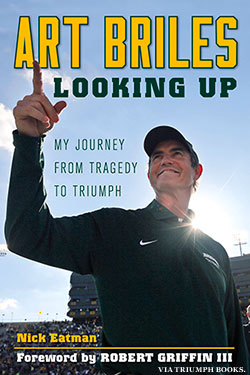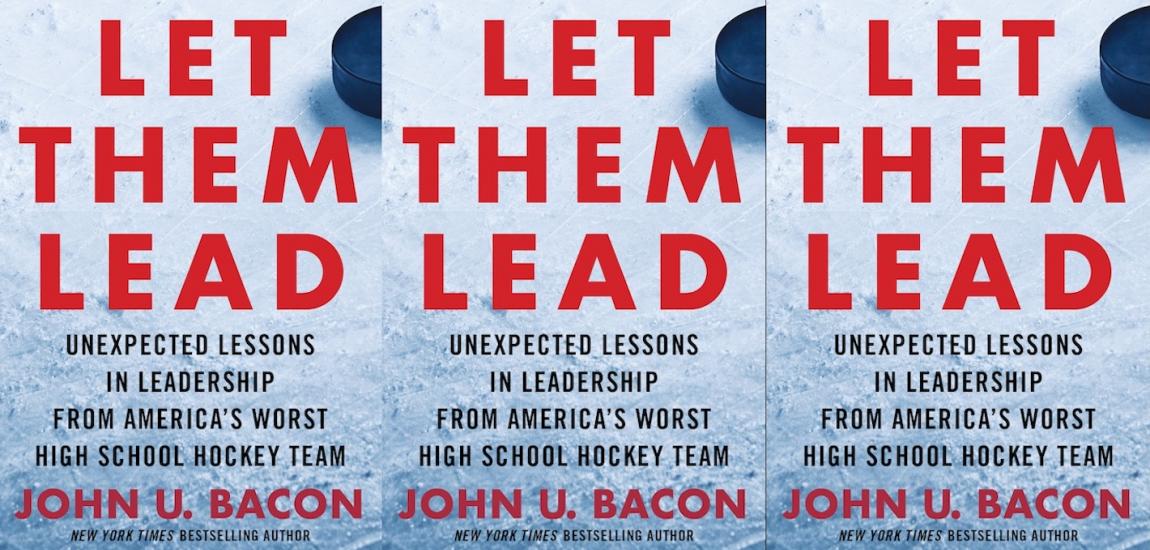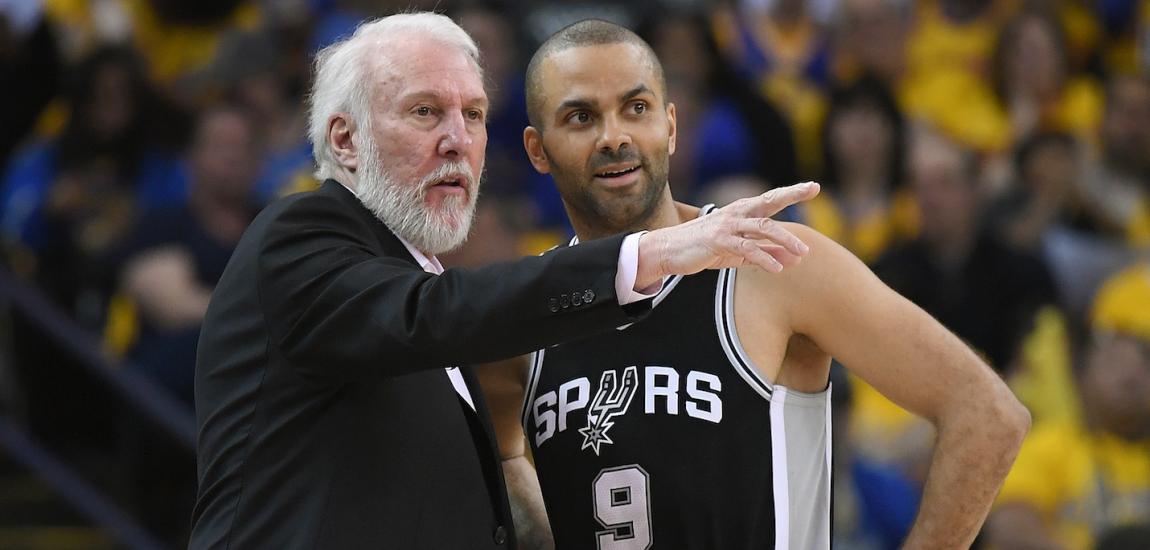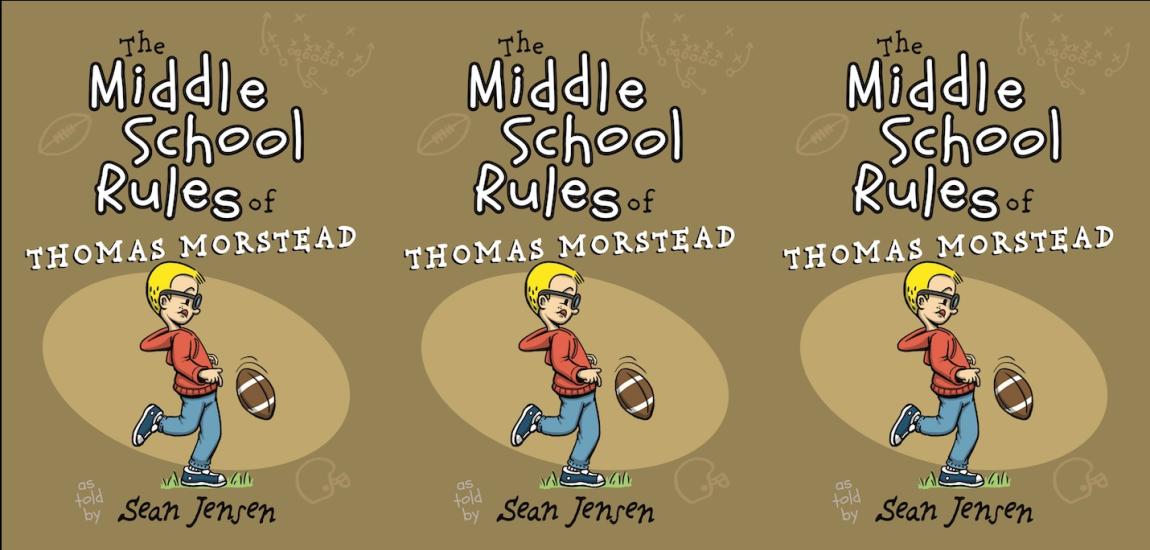Baylor coach Art Briles has built one of college football's most prolific offenses that has continued to improve even after the departure of 2011 Heisman Trophy winner Robert Griffin III. Briles was a college player himself for the Houston Cougars. When he was 20, Briles was expecting his parents to come see him play against SMU at the Cotton Bowl in Dallas. But they never made it to the game. Dennis and Wanda Briles were killed in a car accident while driving to the stadium. So was Art's Aunt Tottie. In Art Briles, Looking Up: My Journey From Tragedy To Triumph, the coach opens up about that tragic day of Oct. 16, 1976.
Houston defensive coordinator Don Todd rarely traveled with the team on road games. Being one of the Cougars' lead recruiters, he often left Houston on Thursday to visit a few prep players or perhaps a high school or two, and would then take in a Friday night game before meeting up with the team on Saturday morning. There were times when Todd cut it close and didn't reach the locker room until a few minutes before kickoff.
Against SMU, Todd managed to arrive around noon, driving his rental car close to Houston's locker room. He quickly dressed and made it out on the field for warm-ups, where he noticed Art being extremely vocal and encouraging. He was clapping, yelling, hollering -- just getting his team fired up for a big game against a traditionally good opponent.
When the Cougars went back to their locker room for final preparations, Todd saw a highway patrolmen talking to one of the equipment managers, who then looked over at the coach and pointed in his direction.
"I remember thinking I probably parked my car in the wrong spot or something," Todd said. "But he came over and asked me to step outside."
On the floorboard of the mangled vehicle, rescuers found the envelope Todd had mailed to Dennis just two days earlier. The tickets were inside with a message that allowed police to make the connection to the Cotton Bowl, where they informed Todd. He then called for Cougars coach Bill Yeoman to step outside. Just moments earlier, the head coach had gotten off the phone with the representatives from Rule, telling him the same news.
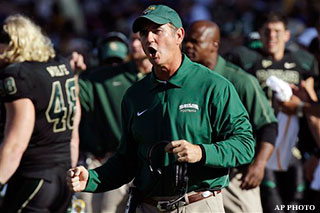
Kickoff was less than 30 minutes away. Where in the coaching handbook did it say how to handle this?
"That's one of the worst days I've ever had as a coach," Yeoman said. "You just don't know what to do. I knew what a great relationship Art had with his folks. We talked about it. I thought of about 50 different answers but we decided to wait to tell him."
As the team filed back onto the field for the start of the game, only a handful of coaches were aware. Back in Rule, many of his family and friends had been informed, as well. To Art, all he knew was the game was about to start and he hadn't been able to find his parents in the stands just yet.
In the years that followed the worst day of his life, Art Briles has continued to keep those heartbreaking hours close to the vest. He never forgets and always revisits what happened. Yet he rarely talks about it, if ever.
His three children certainly know of the story but can't recall their father speaking about the tragedy more than once or twice, and never in full detail.
None of his close friends can remember Art opening up to them. Even Jan, who has been with him every step of the way since that dreadful moment, says Art has chosen not to bring up the day he lost his parents.
Nearly four decades later, talking about October 16, 1976 is still unimaginably difficult for Art Briles:
The last time I talked to my mother was in the hotel room Friday night before the game. She was telling me her, dad, and [Tottie] were coming over tomorrow. When I talked to my mom, they said Jan might come. She was having a bridal shower for someone at her house that Saturday on the 16th. That's the reason she didn't come. She didn't think she could get through in time to make it.
When I talked to Mom, everything seemed well. I was excited about seeing them in the stands tomorrow. I had already suffered my ACL injury and I was just hanging on through the season. I knew I wouldn't play much. If I had any time, it'd be late in the game.
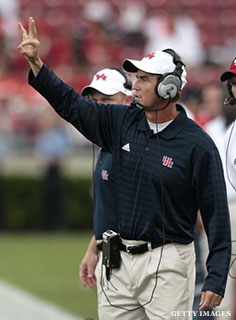
They wanted to come, anyway. I told Mom, ‘I'm not going to play. Don't worry about it. We'll just get on the plane and head back.' I wouldn't be able to hang around much, anyway. But they wanted to come.
I think it was probably a 2:00 o'clock kickoff. It was a cloudy day and it had rained some that morning. I remember warming up. I always liked being on the road even though there weren't a lot of fans. When we got to the Cotton Bowl, I remember looking up in the stadium to the parents' section, and I didn't see my mom and dad. Usually, she'd always holler, and I'd wave and acknowledge her and Dad. But I didn't see them in pregame.
I went into the locker room and remember running back out. I remember being on the sideline and looking up there right before game time. Once again, I'm not seeing Mom and Dad. I was thinking something like, Well, I don't know, maybe they're not up there or gotten there yet. I really didn't know because I knew Dad would've been right there at the open of the game, with a chance to wave hello.
So the game went along and it was the same thing at halftime. I looked up there; they weren't in the parents' section. No Mom and Dad. I can remember thinking, This is weird ... Something strange is going on. I kind of remember, seems like it was a radio guy, Bill Worrell, who covered Houston games, gravitating toward me in the second half. I'd be on the sideline watching the game, and he was around. I actually got into the game in the third quarter or fourth. I think I had one catch near the end. But I do know we won the game pretty convincingly.
Coming off the field, I remember looking up once again and not seeing Mom and Dad. At that point, I had a suspicion something just wasn't right. As we're walking up the tunnel, someone grabbed me. I couldn't tell you who it was, an assistant coach maybe, but I remember coming up the tunnel and getting to the top just before the dressing room when someone said, "Coach Yeoman wants to visit with you."
I can remember walking in the dressing room, and they led me back to a little side room. Then it was just Coach Yeoman. Coach Larry French, I think, was in there, too. Honestly, I'm not sure who all was in there; everything was just a shock.
I walked in that room and shut the door. I can remember thinking, Something is really wrong. This is really bad. I don't know what it is. It's not good. I wondered if it had something to do with me or football or whatever. Honestly, at that time it didn't dawn on me that it was anything about my parents.
I had my pads on. I sat down. Coach Yeoman said to me: "Art, there's been an accident."
Right then, I knew. Like a ton of bricks hit me right in the face. I just knew exactly what was going on. I remember saying, "This isn't my mom and dad?"
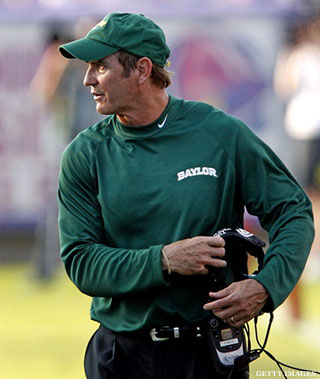
He said, "Yes."
I asked, "Are they okay?"
He said, "No, Art." He told me they had perished, along with my foster grandmother. I just remember saying, "No, this can't really be happening." And, of course, everything just goes into a daze. You just go in a daze and float outside of your body for a period of time. I can remember Coach Yeoman saying, "I'm sorry to tell you this and deliver this news."
They had known before the game; it had happened in the morning. I think somebody made the decision to wait until afterward. This was a time when there were no cell phones, no Internet. I don't know how many people at U of H knew, but not many. A few coaches, the radio guy, trainers maybe.
As I tried to collect myself, I knew this was a life-changing moment. I can remember walking back into the dressing room. I'm sure 15 minutes had elapsed, in that timeframe, and we had just won a big Southwest Conference game, but I can remember the dressing room being silent. I walked back through there, and everyone was silent. I went over to my locker and some of the players started coming over and saying, "Art we're so sorry." There was a lot of love and support from the players on the team.
I think that's what I appreciate about the team concept so much today. People are there for each other. A team is there for each other. Certainly my coaches, my teammates, and people who were associated with me, they certainly pulled me through those dire times.
I took a shower, got dressed, and they said, "We'll get you to Abilene tonight; there's a car there to pick you up." They pulled Paul Humphreys, a good friend and captain, our starting middle linebacker and an All-SWC player. Paul said he'd come with me, and we got in a car outside the dressing room. We got to the airport and flew on a small plane to Abilene. Again, it was just a blur.
We landed in Abilene around 9:00 or 9:30. There was a carload of people there. Ed Fouts, my brother Eddie, Jimmy Lisle [a high school friend], and then Paul and I all got in the car. It was a 60-mile drive back to Rule at night. When we got to the house, I really just wanted a little me-time. Ever since I had found out, I'd been around people. As soon as I got to the house, there were people at the house: friends, immense family, my mother and dad's friends. I just remember going back to my bedroom and just sitting there on the bed thinking, I can't believe this has happened.
Jan was back in town from school at Tech. She had a bridal shower that day. It was great to see her that night. Jan has always been a rock in my life, without question. She's the inspiration and stability that has allowed me to be a strong person. She was strong for me that night. I'll always remember that.
-- Excerpted by permission from Art Briles, Looking Up: My Journey From Tragedy To Triumph by Nick Eatman. Copyright (c) 2013 by Art Briles and Nick Eatman. Published by Triumph Books. All rights reserved. No part of this excerpt may be reproduced or reprinted without permission in writing from the publisher. Available for purchase from the publisher, Amazon, Barnes & Noble and iTunes.

